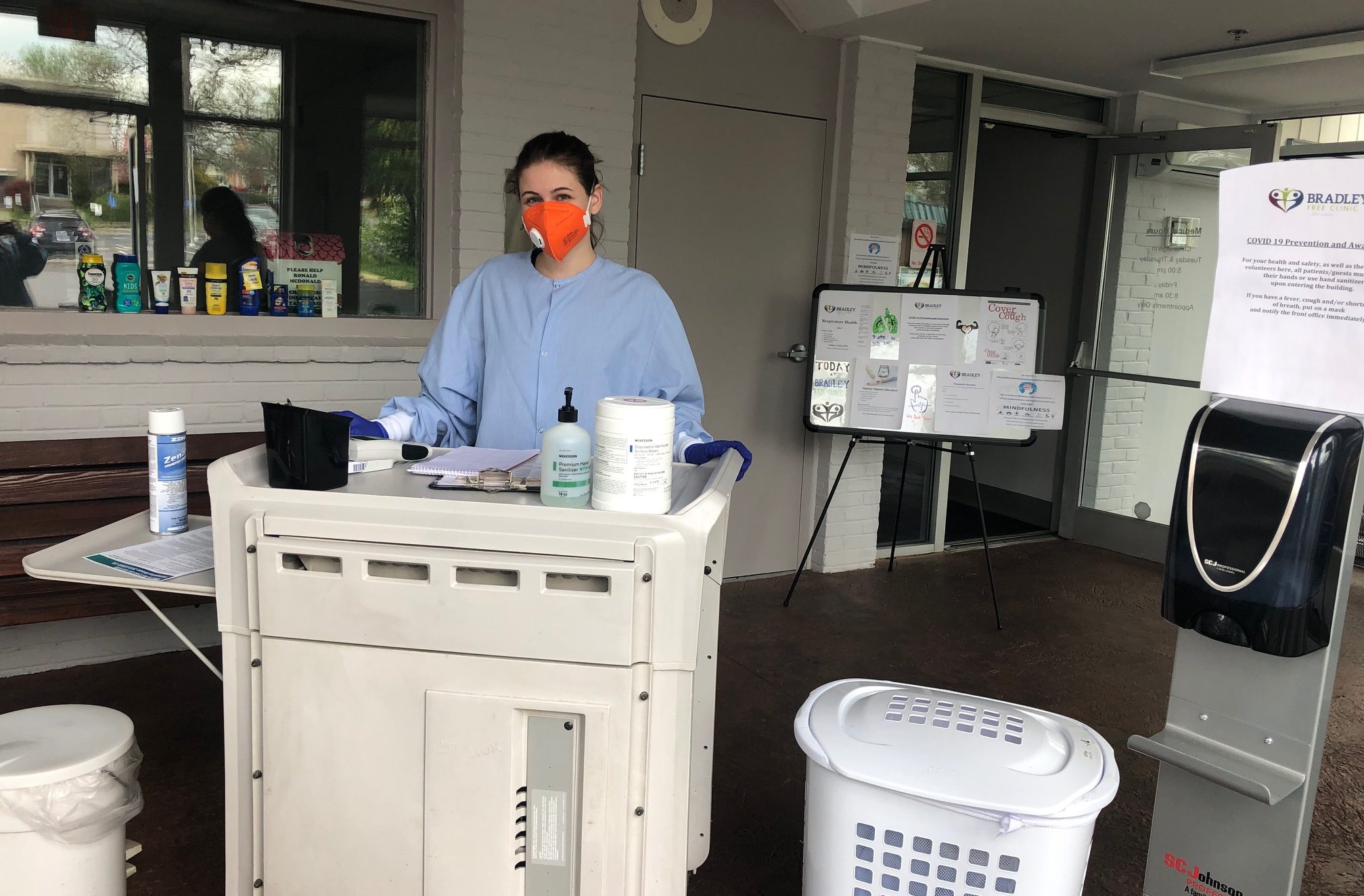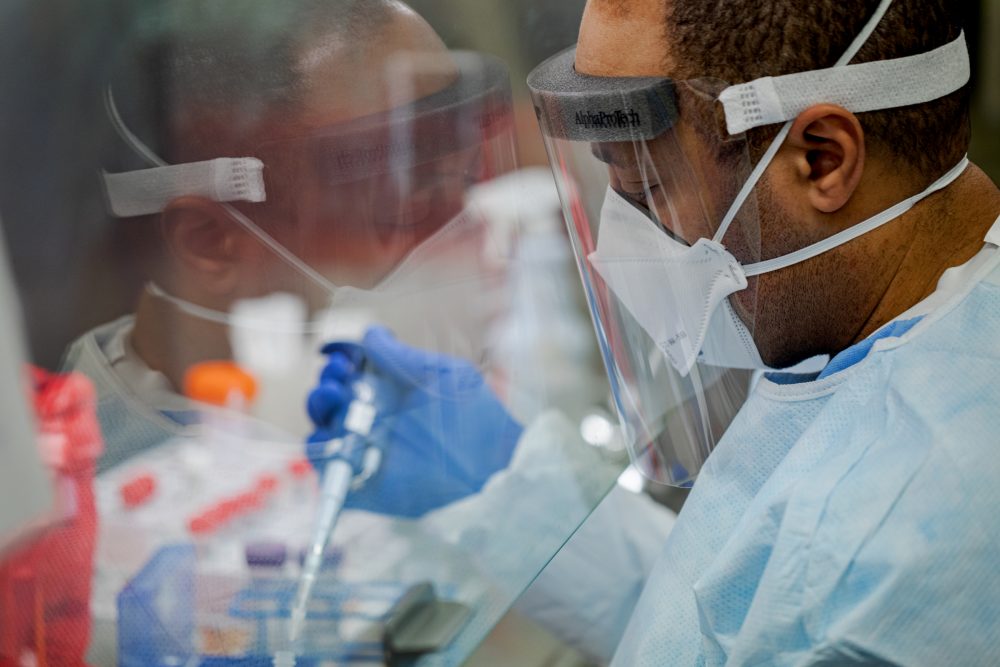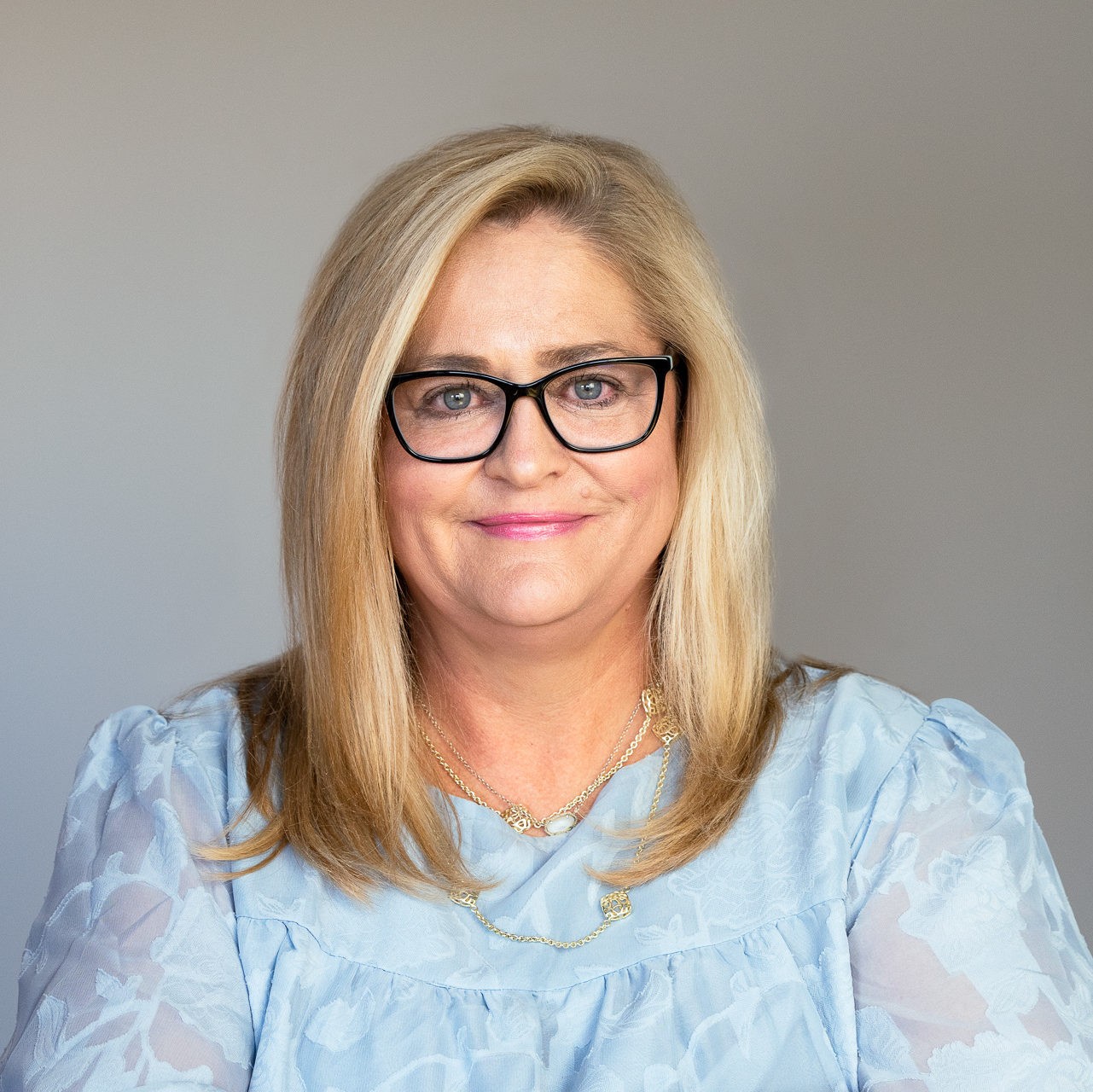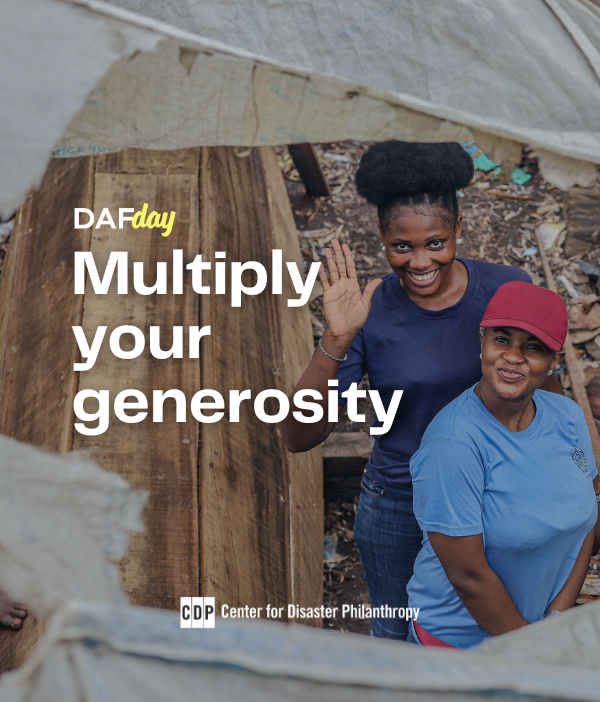Announcing Round Three of COVID-19 Grants
The CDP COVID-19 Response Fund continues to focus on supporting nonprofit organizations working in areas identified as having high numbers of affected individuals and those working with the most vulnerable populations in these areas in order to help build their capacity for response. Our Fund provides grants to organizations working both domestically and internationally to […]

The CDP COVID-19 Response Fund continues to focus on supporting nonprofit organizations working in areas identified as having high numbers of affected individuals and those working with the most vulnerable populations in these areas in order to help build their capacity for response. Our Fund provides grants to organizations working both domestically and internationally to support a global response to a global crisis.
For the third round of funding we focused on U.S. and international organizations that are supporting: 1.) ways to lessen financial hardships for quarantined individuals and those for whom social distancing is not an option, 2.) overwhelmed healthcare systems and people working on the frontlines in these systems, 3.) provision of equipment and products to address the needs of healthcare workers and the basic needs of vulnerable populations as well as the logistics of distributing those products where needed, 4.) organizations working in areas with poor access to regular medical services, 5.) community education and appropriate information sharing, 6.) access to education and learning for children and 7.) expansion of resources for mental health.
As it is becoming clearer that vulnerable populations – immigrants, refugees, communities of color, older adults, people with disabilities and children – are the most affected by this crisis (as is the case in all disasters), we sought out opportunities to fund organizations working to advocate for these most vulnerable groups and those who are providing direct support for them.
Grants totaling $1.85 million were awarded to the following organizations:
- Enterprise Community Partners – $250,000 to provide quick inflow of cash grants to four-five partners in New Orleans, Miami and Georgia to: bridge the public funding available to individuals and housing providers make up for shortfalls that emergency government allocations cannot fill; and, in some cases, help pay for new or increased staffing of housing providers to assist residents with accessing public and private funding and other available support. Additionally, Enterprise will provide tools and training to support the long-term viability and sustainability of 36 housing providers who serve almost 40,000 low-income residents as they and their communities recover from the effects of the pandemic.
- Lutheran Immigration and Refugee Service (LIRS) – $250,000 to provide direct cash assistance to clients, including refugees and other migrants, with priority given to clients disproportionally affected by financial hardships (women, elders, children and clients with disabilities). Target amounts will range from $25 – $2,000 and will be based on demonstrated need. Clients assisted by these grants will be identified by an affiliate network of over 30 organizations working to resettle immigrants in 33 states.
- National Alliance on Mental Illness (NAMI) – $250,000 to provide emergency funding to support expansion of tools to support growing mental health needs due to the COVID-19 pandemic. NAMI’s plan includes: 1.) ensuring access to timely, practical mental health information, 2.) bolstering the capacity of NAMI’s HelpLine and 3.) fortifying their network of NAMI affiliates and NAMI State Organizations.
- Oxfam – $250,000 to provide technical assistance and funding to their partners in the Middle East, Africa, Asia and in the U.S., supporting them to adopt new technology and communications practices so they can safely access their constituencies. The focus is on 16 countries in these areas with poor access to healthcare that will be further exacerbated by COVID-19. Oxfam is also working in Louisiana, Mississippi, North Carolina and Puerto Rico. They will expand and develop partnerships to ensure a community-centered emergency response and a focus on local humanitarian leadership.
- Plan International (Plan) – $250,000 to support their offices in Egypt, Laos and the Philippines in implementing acute emergency response activities for the COVID-19 crisis. Plan will prioritize requests made from the Ministries of Health or other relevant host government health authorities to assist in preventing infections in health facilities and reducing the risk of widespread community-level transmission. They will provide critical assistance to stressed public health systems seeking to limit and respond to the spread of COVID-19.
- Project HOPE – $250,000 to support implementation of their next phase of Project HOPE’s COVID-19 Healthcare Preparedness and Response training program. To expand the reach of the program Project HOPE will set up virtual training teams to meet the increased demand from the global healthcare community and convert the trainings into eLearning modules, allowing frontline healthcare workers and public health professionals to access the content on their own time.
- Save the Children – $250,000 to support their global COVID-19 response assistance to countries and communities at risk by providing community-based care and supporting health systems to strengthen essential defenses against the pandemic. Save the Children will 1.) isolate and treat COVID-19 patients, 2.) shield at-risk populations, 3.) expand services, 4.) adapt and enhance existing community-based programs and 5.) support the safe continuation of community-based interventions.
In addition to these seven grants, another $100,000 from the CDP COVID-19 Response Fund was approved in conjunction with the CDP Global Recovery Fund for Doctors Without Borders (MSF) for infection prevention and control (IPC) measures related to the COVID-19 pandemic response in Yemen and Venezuela.
We’ve already begun the process of considering funding for a fourth round of rapid grantmaking, just as we’re beginning to see significant progress from organizations, we funded in grant rounds one and two. Though this crisis seems overwhelming right now, I am heartened by the strength and persistence of nonprofits like these and so many others who are working to provide support for communities in the face of this storm. We truly are stronger together … even if it is from a distance of at least six feet apart.
More like this

For equitable recovery from COVID-19, we can’t leave LGBTQ+ people behind


